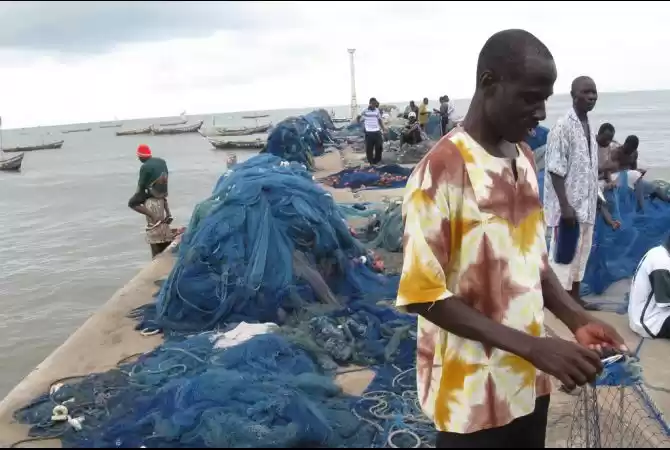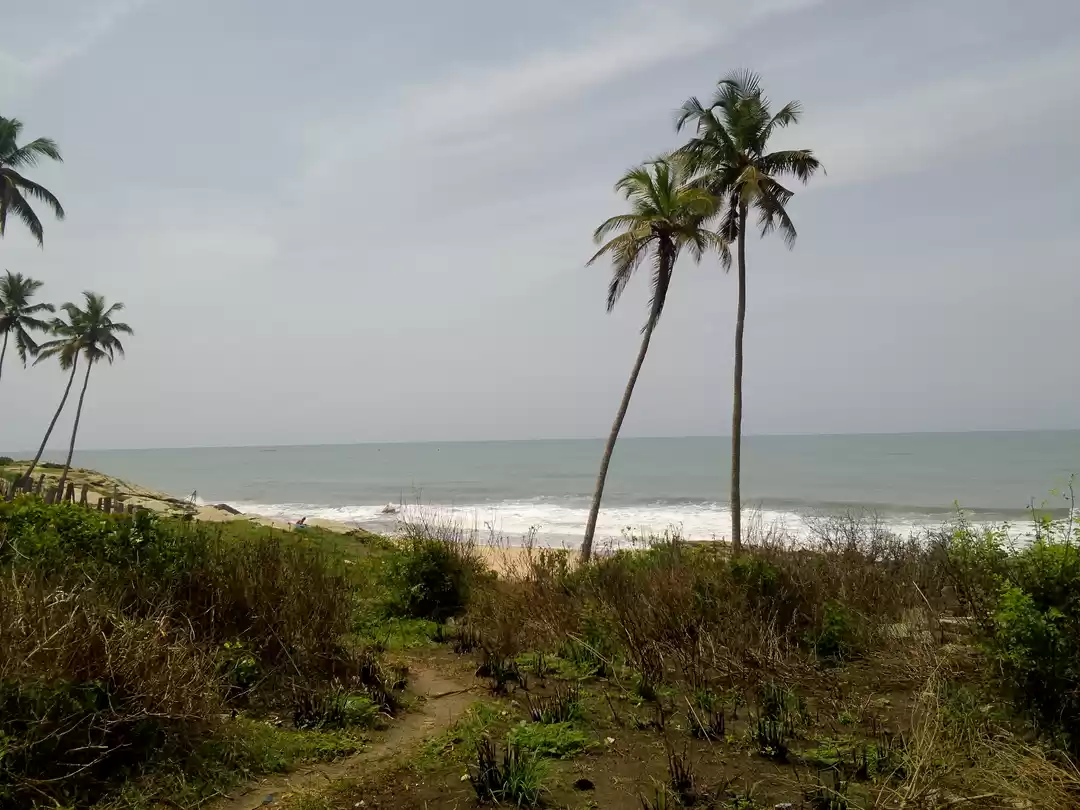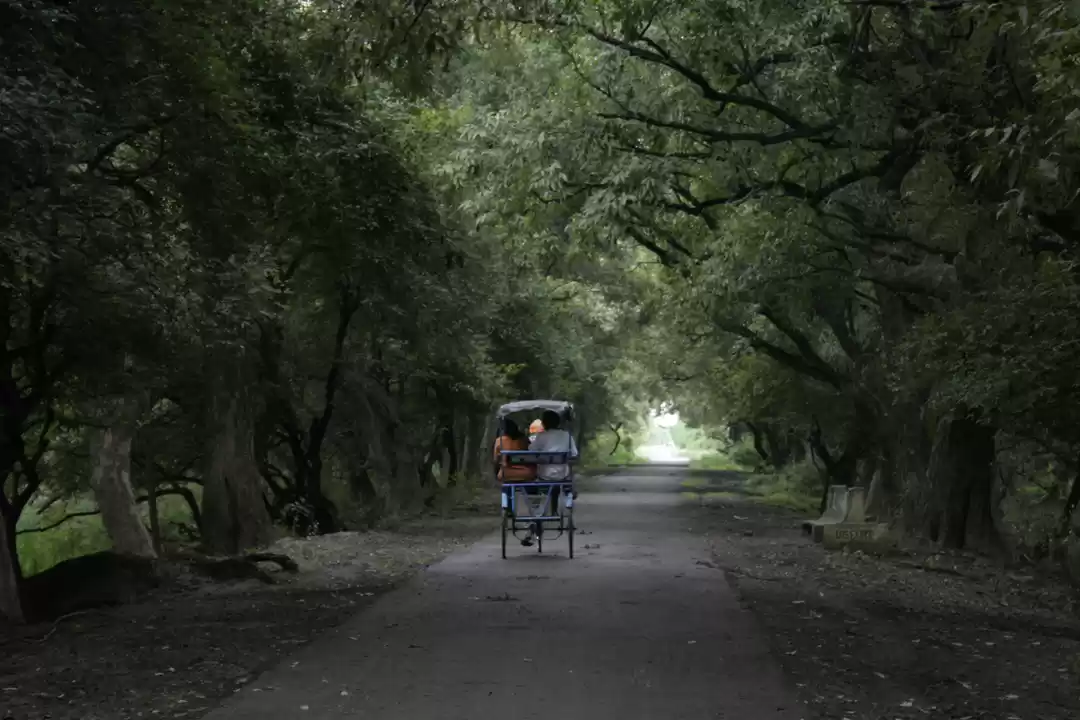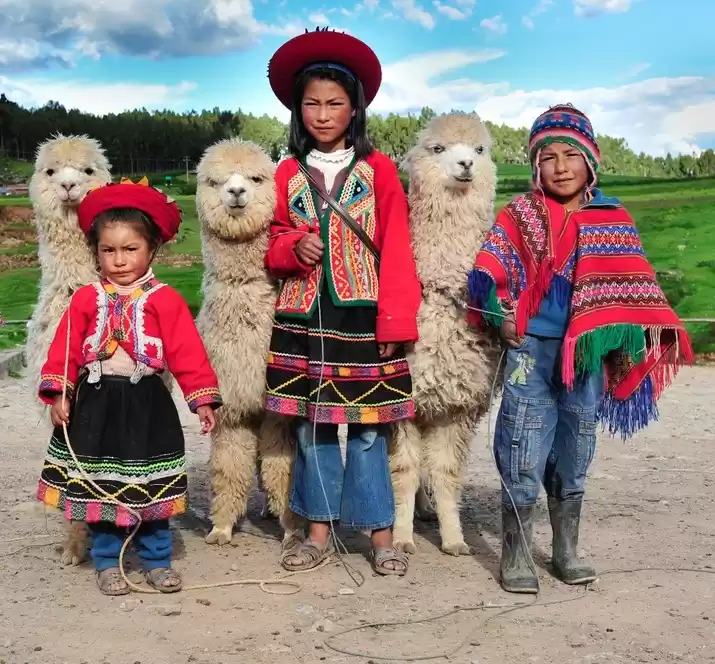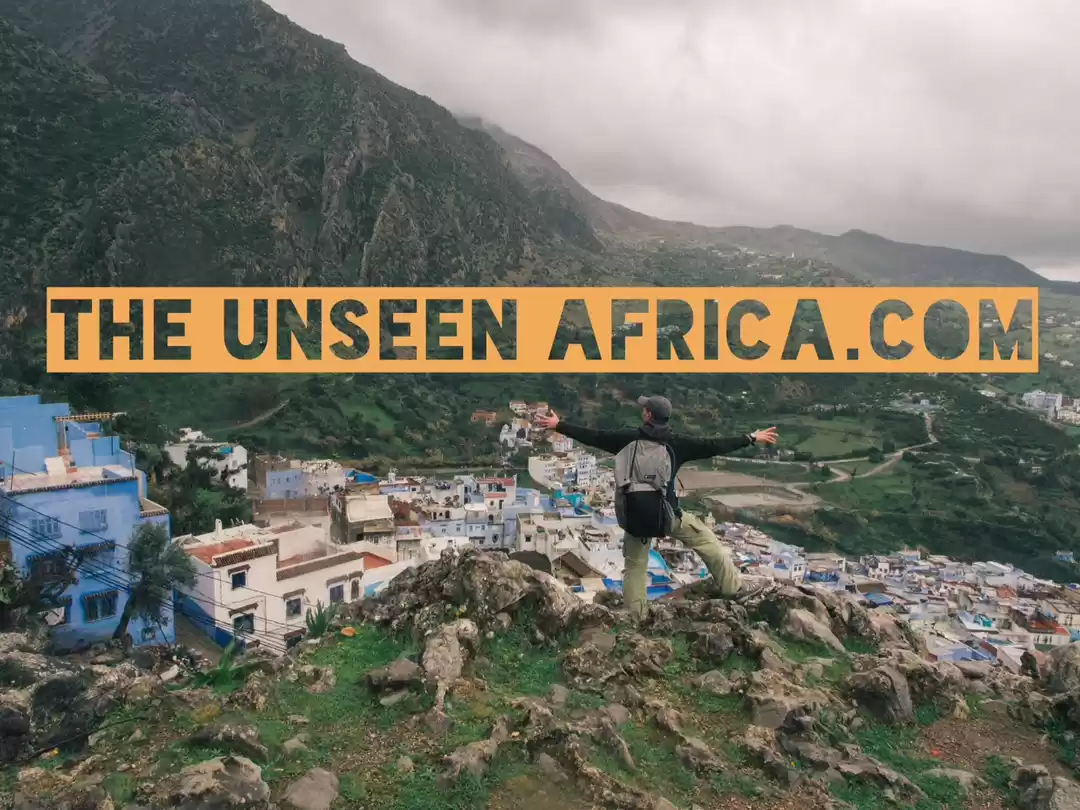Ghana Tourism and Travel Guide
Ghana (/ˈɡɑːnə/), officially called the Republic of Ghana, is a sovereign unitary presidential constitutional democracy, located along the Gulf of Guinea and Atlantic Ocean, in the subregion of West Africa. Spanning a land mass of 238,535 km2, Ghana is bordered by the Ivory Coast in the west, Burkina Faso in the north, Togo in the east and the Gulf of Guinea and Atlantic Ocean in the south. The word Ghana means 'Warrior King' in Mande.The territory of present-day Ghana has been inhabited for millennia, with the first permanent state dating back to the 11th century. Numerous kingdoms and empires emerged over the centuries, of which the most powerful was the Kingdom of Ashanti. Beginning in the 15th century, numerous European powers contested the area for trading rights, with the British ultimately establishing control of the coast by the late 19th century. Following over a century of native resistance, Ghana's current borders were established by the 1900s as the British Gold Coast. In 1957, it became the first sub-saharan African nation to declare independence from European colonisation.A multicultural nation, Ghana has a population of approximately 27 million, spanning a variety of ethnic, linguistic and religious groups. Its diverse geography and ecology ranges from coastal savannahs to tropical jungles. Ghana's economy is the ninth-largest on the Africa continent by purchasing power parity and nominal GDP. Ghana is one of the countries in the continent that produces petroleum and natural gas, with the continent's fifth largest oil reserves and sixth largest natural gas reserves. It is one of the world's largest gold and diamond producers, and is projected to be the largest producer of cocoa in the world as of 2015. Ghana's growing economic prosperity and democratic political system has made it a regional power in West Africa. It is a member of the Non-Aligned Movement, the African Union, the Economic Community of West African States (ECOWAS) and the Group of 24 (G24).

